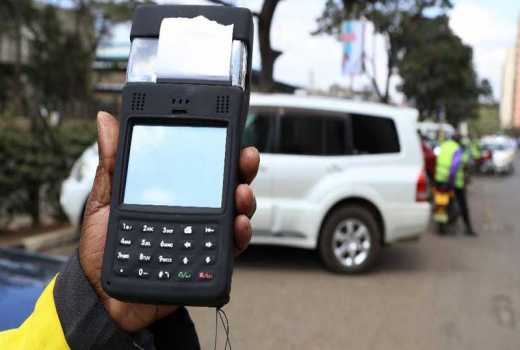
According to the Controller of Budget’s report for the first quarter of the 2017/2018 financial year, counties have registered a massive drop in revenue collection. From a total collection of Sh7 billion for the same period in the 2016/2017 financial year, only Sh4.8 billion was collected this financial year.
Since the advent of devolution, effective revenue collection has been the Achilles Heel of most county governments and indeed, in the formative years of the new governance structure, county governments’ reliance was on funds from the national government. Even here, there were problems since late disbursement of the truncated funds impacted negatively on development projects. Recurrent expenditure, particularly the payment of salaries also presented its challenges.